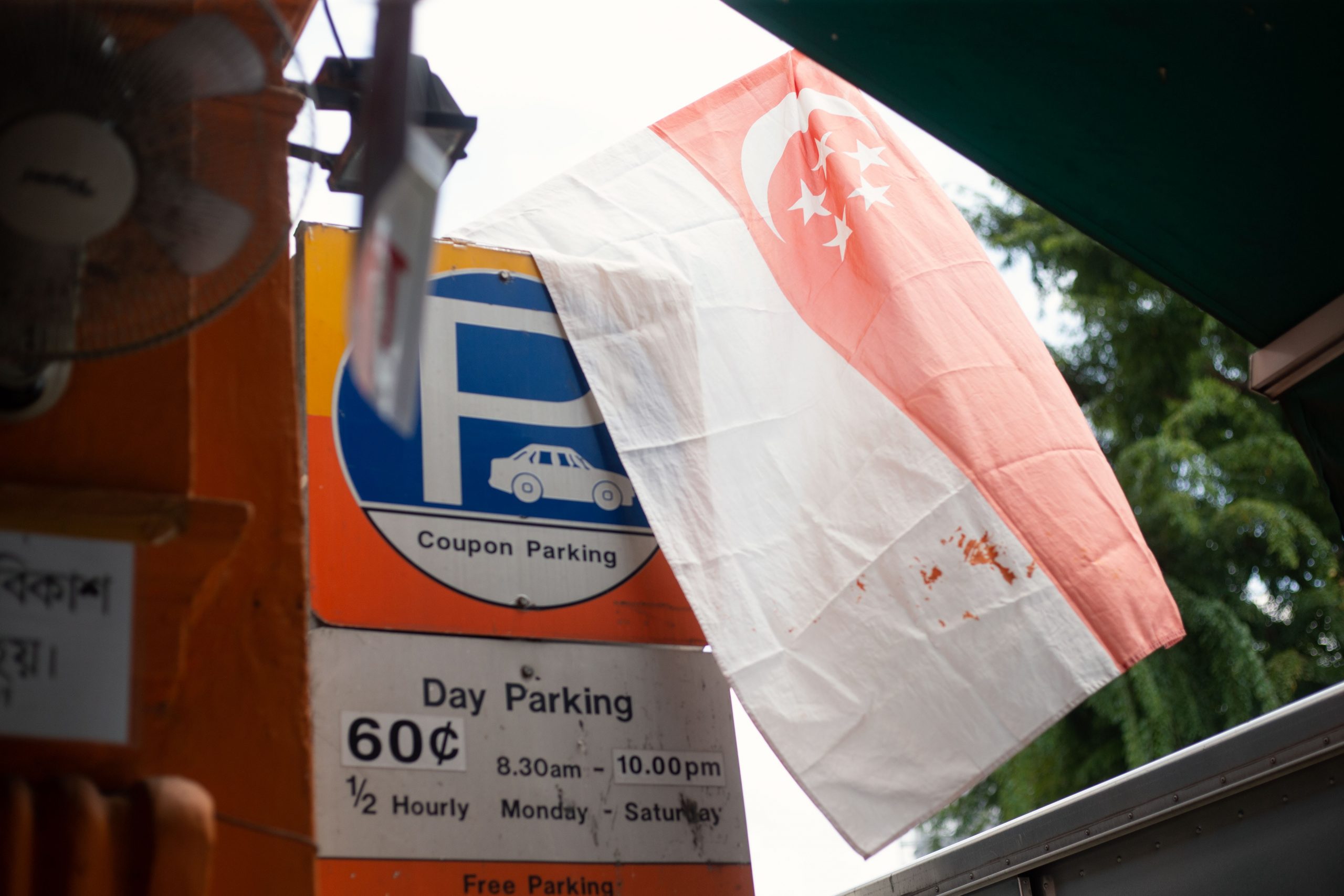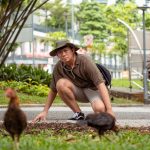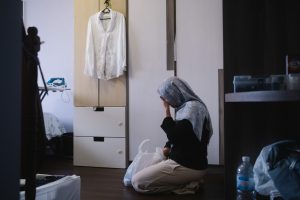Top Image: Marisse Caine / RICE File Photo
Mastering Singapore’s coveted ‘5Cs’ checklist represents an extraordinary triumph. Only an elite few ever reach the heights of materialistic aspirations. It’s even more impressive if all the Cs are acquired within the 21st century.
Now, the journey to cash, credit card, condominium, car, and country club is much more arduous than it was before. Some of the ‘5Cs’ have become unpopular or unwise choices—even for those who can afford them.
Ride-hailing services and expensive COEs have arrested the once burgeoning demand for cars. Condominiums have met their match in BTO flats in Prime Locations. A country club membership is a money sink; so much so that even the well-heeled would consider twice before investing.
Deputy Prime Minister Lawrence Wong, speaking at the launch of the Forward Singapore Festival at Gardens by the Bay, reaffirmed this belief: “From our engagements, it is also clear that the Singapore Dream is more than just material success. It is also about fulfilment, meaning, and purpose in what we do.”
The definition of success in Singapore has shifted away from the ‘5Cs’. What once captured and shaped the imaginations of young Singaporeans is now a line of thinking we’re trying to shed.
But let’s be honest, we’re going around in circles. So much so that a gambling man could confidently place a bet on what the next consensus-building report would say about what Singaporeans want for the future.
That’s not going to change unless the government takes steps to empower Singaporeans with the decision to place self-fulfilment and purpose as a priority in their lives.
5Cs, Gotta Catch Them All
The ‘5Cs’, a convenient acronym to encompass the (old) Singapore dream, has now taken a back seat. But status symbols were not always all bad.
Singaporeans worked hard in the pursuit of elusive status symbols. They needed something to justify and motivate their industriousness. Harping on the ‘5Cs’ was an effective rallying cry.
When incomes increased, houses upgraded, and private cars became their main mode of transport, social mobility was tangible. In a meritocracy, a car also meant much more than a more convenient way to get around.
Besides the fact that you don’t have to take the MRT, that swanky new Honda Civic also symbolises—simplistically, I might add—the hard work behind it. In a country like ours, hard work begets praise and validation.
On the other hand, the nation’s strong macroeconomic performance was delivered on the backs of Singaporeans looking to move up the social ladder quickly. To Singaporeans, the government kept its promises of social mobility through the value of hard work.
In a budding nation-state with few resources, the ‘5Cs’ were an expedient tool for building the economy back then. But times have changed. In a 2015 report by the Ministry of Finance, the ministry acknowledged that “it will be an increasing challenge to sustain such mobility in the future.”
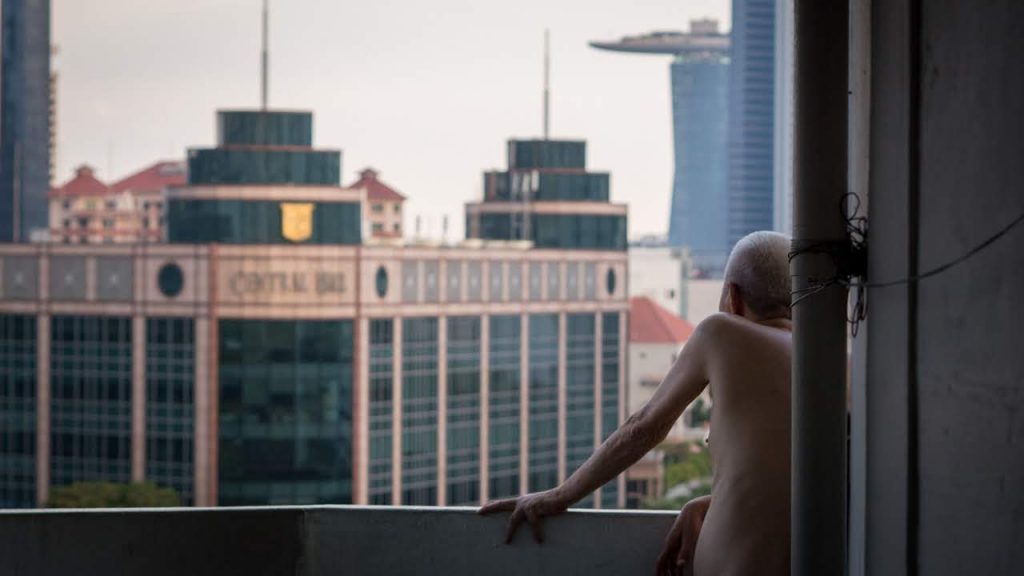
Can the ‘5Cs’ Ever Keep Up With the Times?
Don’t get us wrong; what we’re seeing now is a positive step forward. It’s great that Singapore’s PM-in-waiting, Deputy Prime Minister Lawrence Wong, fully recognises fulfilment and purpose taking centre stage in Singaporeans’ lives.
But recognition is the first step in a long journey. Such recognition obscures the fact that some Singaporeans have, quite possibly, given up on chasing the ‘5Cs’ altogether because these status symbols are much more difficult to achieve now.
Perhaps these Singaporeans still envision a future where they can drive from their condo to the nearest hawker centre for lunch. At the same time, they also accept that these dreams are just that—dreams.
It also skillfully obscures some segments of Singapore society. For Singaporeans in financial precarity, they could rally around the ‘5Cs’ or its broadly defined values simply because money is important to them at this juncture of their lives.
Sometimes, materialistic aspirations and self-fulfilment are not trade-offs. Instead, they’re one and the same—financial achievement can be a form of personal self-actualisation. In some ways, seeing material success and self-fulfilment as opposites speaks to a form of privilege.
It’s why the ‘5Cs’ concept riles up a range of sentiments. For those who’ve made it, the ‘5Cs’ is a status symbol which embodies their self-determination. Through this singular lens, Singaporeans who’ve fallen behind (or have yet to obtain the ‘5Cs’) are seen as deserving of their place. This is, of course, an unfair perception to make.
For others, however, the ‘5Cs’ remain a standard for Singaporeans to aspire to. You might not even desire the status symbols, but at the very least, they’re strong motivators for hard work. Take it as the baby boomer predecessor to today’s ‘hustle culture’ and ‘grindset’.
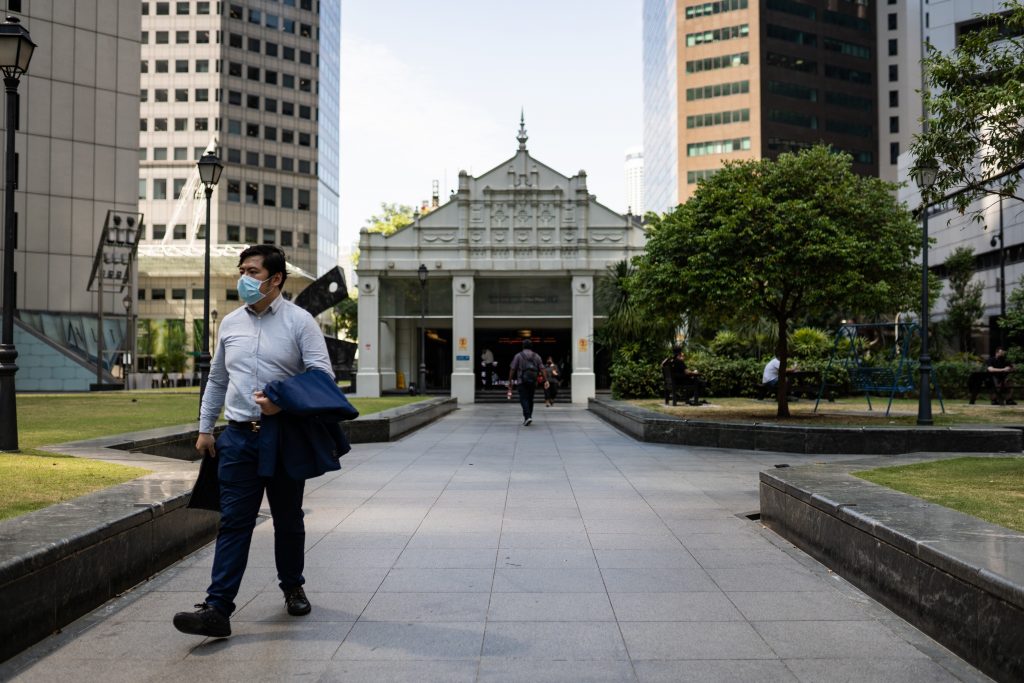
High Time for ‘1C’: Change
In the same vein, the Forward Singapore report’s findings also embody a new ‘C’ of its own: Consistency. The findings seemed eerily similar to the report from the previous consultative exercise in 2013, Our SG Conversation—you can’t tell which findings the report came from if we listed them down haphazardly.
In other words, there’s nothing new here. Everyone knows the ‘5Cs’ are outdated. Most of us have moved past it already.
Identical findings from two reports aren’t exactly a bad thing. However, the uncannily identical reports perhaps allude to something deeper: Singaporeans feel like nothing substantial has changed.
In the 10 years since Our SG Conversation, a slew of new policies were introduced, seemingly targeted at achieving the goals laid out in the consensus-building exercise.
The Pioneer and Merdeka Generation packages, introduced in 2013 and 2018 respectively, allocated more social spending for the elderly. Skillsfuture, with its focus on recognising and building technical skills, was introduced.
The PSLE scoring system was also overhauled. In fact, even upward social mobility in Singapore remained relatively achievable compared to countries like the United States and the United Kingdom.
Yet, this can’t only be a case of Singaporeans wanting more of the same—more government handouts, more Skillsfuture credits, and more goodies.
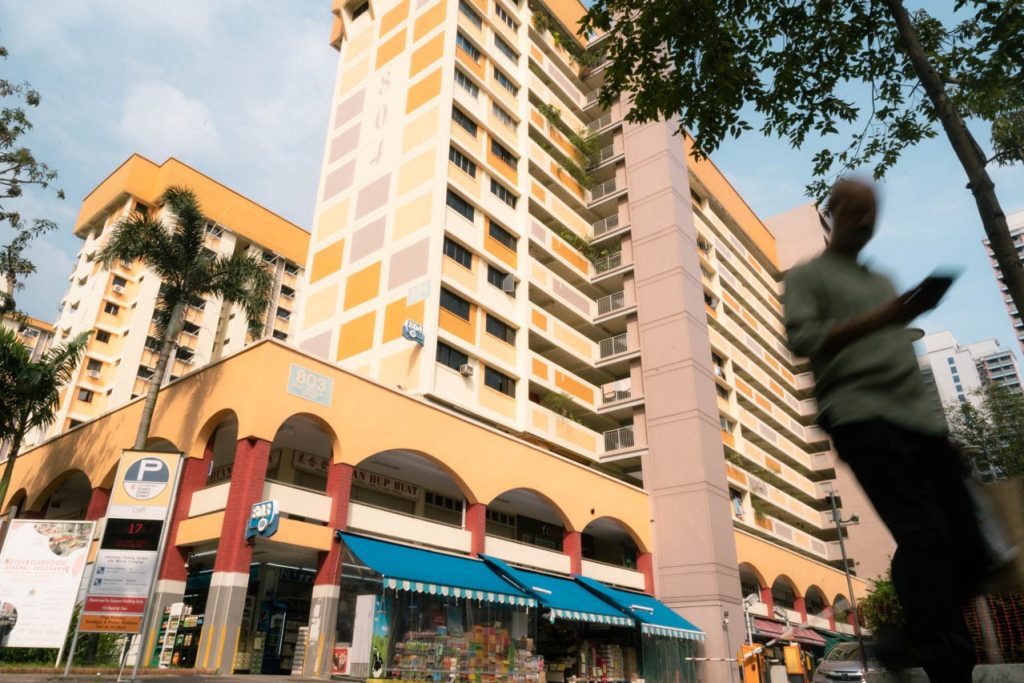
Accepting Trade-Offs
Perhaps the unchanging findings show that more Singaporeans recognise that things have largely stayed the same. Even if the policies show that they haven’t.
Baby step changes don’t work anymore; a statement as bold as moving away from the ‘5Cs’ needs to be equally met with an equally bold stance—one that is more welcoming and conducive to Singaporeans’ non-materialistic aspirations.
As Singaporeans trade dreams of material success for self-fulfilment and purpose, the government faces its own trade-off: Lower economic competitiveness for more demanding social objectives.
Accepting that trade-off could potentially mean enacting policies which were once seen as taboo or impossible.
Things like minimum wage—one without wages being tied to productivity. Or a redistributive policy where all Singaporeans, regardless of their financial situation can pursue self-fulfilment and feel that their non-materialistic aspirations are supported.
DPM Wong’s acknowledgement is the first step towards breaking out of the spiral. The next is active support. But not with incremental changes. Not anymore, unless we want to find ourselves back here in a decade later.
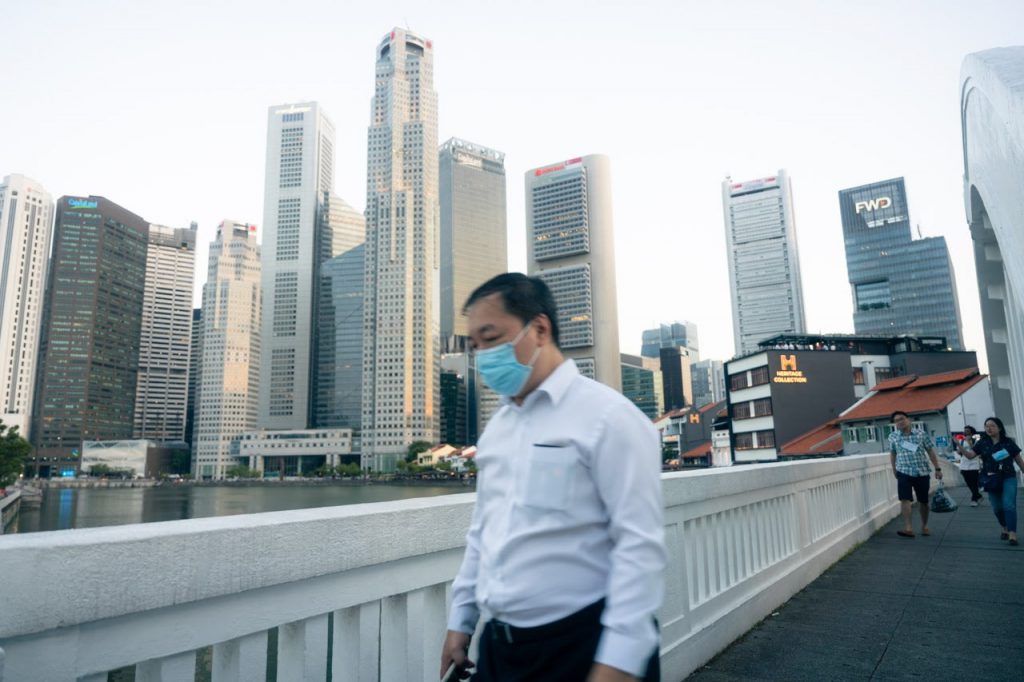
Catharsis
Maybe Singaporeans just want another type of ‘C’: catharsis—relief from strong or repressed emotions. And in this case, a catharsis from the rat race.
In some ways, we’re doing it! We carve out spaces for ourselves to pursue things simply because we want to, not towards some well-defined outcome or measured by whether this will improve employability or income.
But the buck almost always stops there. It’s impossible to fully remove ourselves from the ‘5Cs’. No matter what we do or try, we can’t escape this obsession with materialistic aspirations.
What’s within reach is feeling like we have permission to do so for a little while—that it’s okay to take the foot off the pedal or to be anything other than being in the first place.
Most Singaporeans seem like they feel the opposite. They don’t feel like they have that permission. We’re one of the most overworked countries in the region; only a minority have sufficient sleep every night. Stress and anxiety, especially among the youth, are almost too common.
Acknowledgement is great, but what’s needed is an active and more welcome support of the lives that Singaporeans want to lead. And that calls for bolder policymaking. Incremental changes in policymaking, regardless of its effectiveness, often go unseen.
That’s not to say that we should make large-scale decisions because Singaporeans aren’t vibing with how policy is made. There are real effects too.
With regards to the tangible ‘5Cs’, class is now the most divisive factor in Singapore, ranked way above religion and race. Children from lower socioeconomic backgrounds also feel less security and less attachment to Singapore.
Even when income inequality is relatively controlled, the few who are left behind would not be happy to say that they’re at least left behind in Singapore. No macroeconomic indicator sliding along the ticker at the bottom of a television screen will mean anything unless people feel the change in daily lives.
All of these effects add up and translate into real consequences for society. Dissatisfaction is fertile ground for unrest.
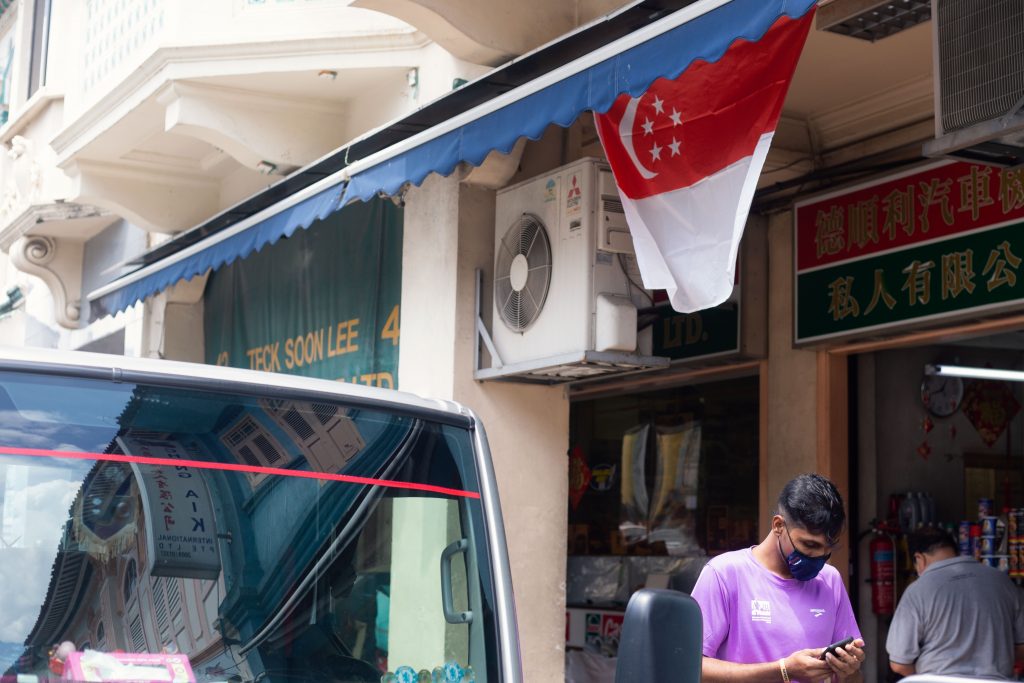
The Singapore Dream
The ‘5Cs’ might have been relegated to the sidelines. The Singapore Dream is now at a point where it seems in dire need of redefining.
The funny thing is that the reports have already defined it in broad strokes. We need not look too far; we need only look at what Singaporeans wanted in 2013 and 2023—that’s the new Singapore dream.
We’re frustrated because we have an idea of where we want to go but feel like we rarely get there. Of course, that’s the case because we have, as individuals and as a country, historically accepted the same trade-offs to varying degrees—material goods over fulfilment; economic competitiveness over social advancement.
At this juncture, however, most Singaporeans are ready to tilt the balance in the opposite direction. The question is whether the powers that be can do the same in a show of active support.
Then maybe, just maybe, we’ll finally have some tangible change and catharsis. We’ll get back to you in 10 years time.

